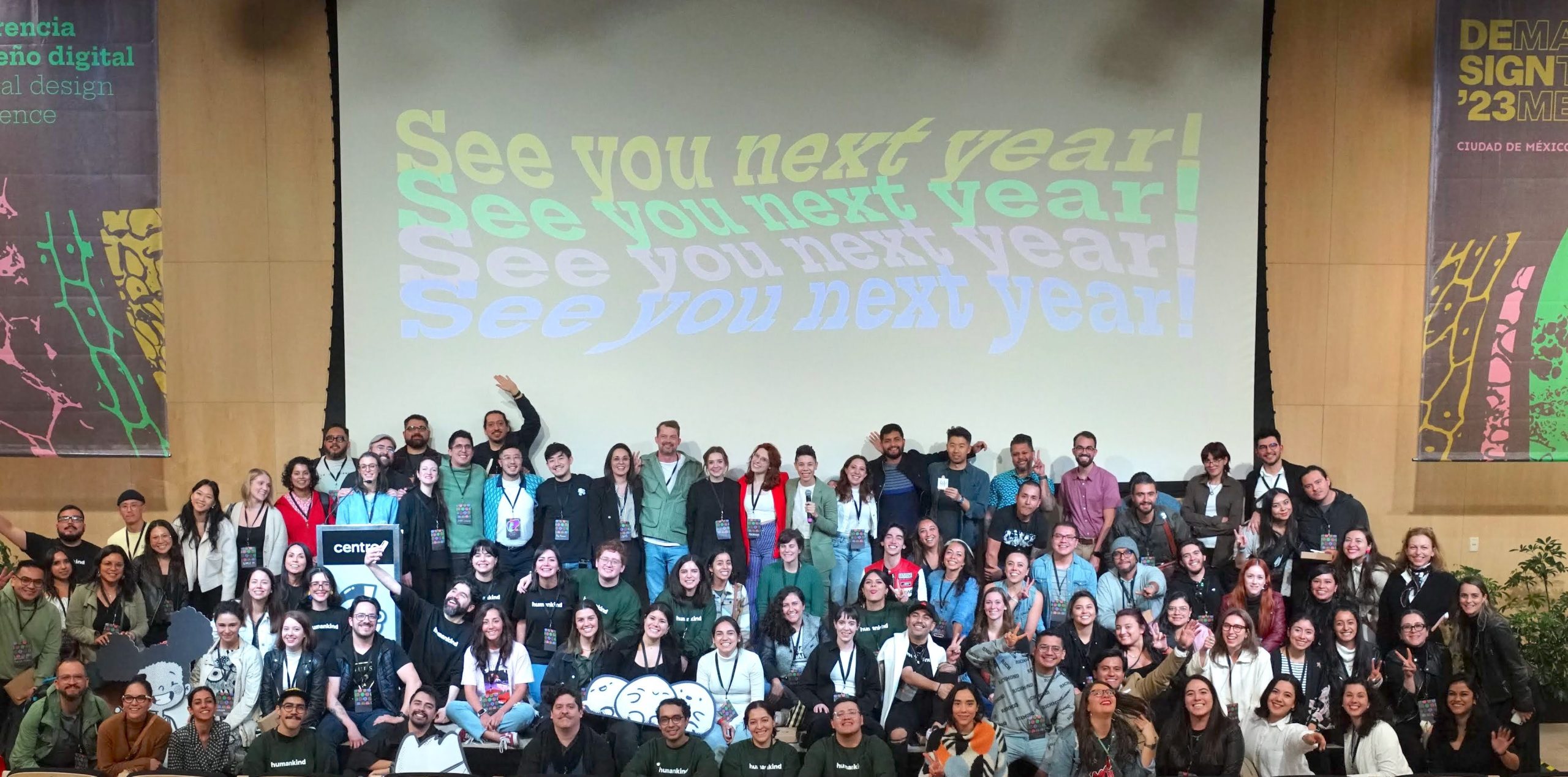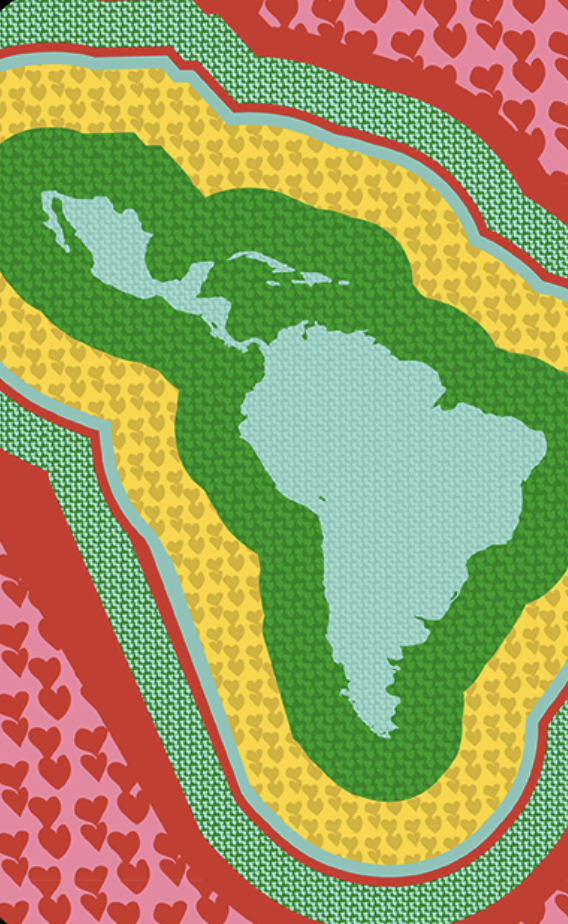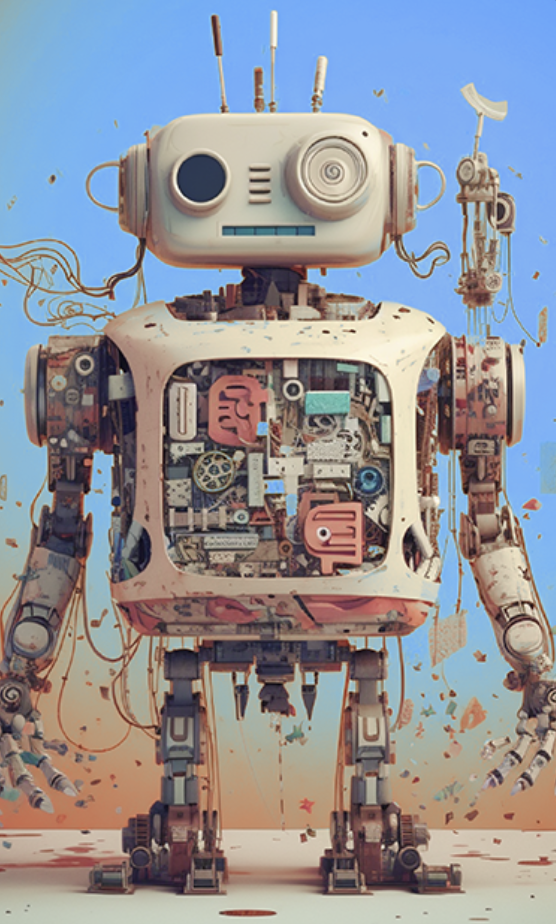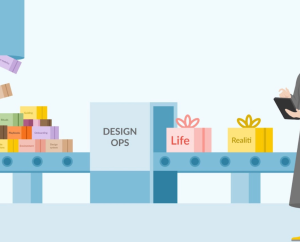A CALL FOR THE FUTURE
With a population of over 7 billion people, we have an abundance of cultures, beliefs, and lifestyles. Unfortunately, there’s a tendency for only a singular, dominant cultural approach to prevail, suppressing the growth and existence of alternative viewpoints and practices. It’s often, the mainstream and white-centric way of life that is given precedence, causing other cultures and alternative ways of living to be overlooked. It’s clear that a shift is necessary, and it can be beneficial to acknowledge that multiple cultural perspectives can coexist and flourish.
The term “pluriversal futures” refers to a vision or possibility of the future that recognizes and honors the coexistence of diverse views, cultures, and ways of being. Pluriversal Design is an approach that embraces diverse worldviews. It acknowledges that there is no universal or singular solution to design problems, and seeks to create inclusively, respectfully, and responsively to the needs and values of different communities and individuals. It seeks to de-center the dominant Western model of design and valorize multiple ways of knowledge production and experience. Pluriversal design advocates for co-creation to generate more relevant and impactful solutions. Ultimately, it’s an ethical and political perspective that aims to address issues of justice and equity in design.
How can we ignite our power to design pluriversal futures? The times where design exists as a catalyst transversal to all industries, enabling human development, but only under one premise: to protect the diversity of our socio and environmental resources. In other words, a future where design is the driving force behind sustainability and social responsibility.
With this theme, speakers will share their perspectives on applying Diversity, Equity, and Inclusion (DEI) principles to design processes, and they will also explore beyond the user or planet-centric design with new and pluriversal approaches to their craft. We will open the conversation around how to enter an era of radically different practices, where we see the future with optimism, and move together towards building an industry that is environmentally responsible, inclusive with all groups of people, and that celebrates diversity while growing beyond borders or cultural differences. In other words, we’ll explore the value of diversity, the power of inclusion, and the potential for a truly multicultural society.






